When it comes to healthy bones, people often look to calcium and vitamin D. However, experts suggest adding an unlikely vitamin to the mix: vitamin C. In a recent study published in Osteoporosis International, a team of researchers from Tufts University, Harvard Medical School and the Boston University School of Public Health revealed that taking vitamin C can potentially reduce the likelihood of suffering hip fractures.
The study was a follow-up to the Framingham Study, a long-term, ongoing study that began in 1948. With 5,209 participants, the Framingham Study was originally designed to evaluate the risk factors of heart disease. However, the findings of the study have had far-reaching effects and have proved beneficial for studying other conditions as well.
In an earlier study, the researchers also used the Framingham Study to determine the relationship between bone loss and vitamin C intake among elderly men and concluded that vitamin C may have a protective role when it comes to bone health in older men. For the current study, they examined the correlation between hip fractures and vitamin C. The used data from the Framingham Osteoporosis Study, which included food frequency questionnaires and fracture information for the surviving participants of the original cohort.
The team recorded 100 hip fractures over the follow-up period. Among the participants, those who consumed more vitamin C – whether through food or supplements – had decreased their risk of hip fracture. Those in this group were 44 percent less likely to have a hip fracture than those with a lower intake of the vitamin.
“In summary, we observed a protective effect against fracture with total and supplemental vitamin C in this population of elderly Caucasian men and women,” the team concluded.
The bones need vitamin C
Vitamin C offers many health benefits, from boosting immunity to lowering blood pressure. The vitamin is also known to prevent scurvy, a disease that causes anemia, pain in extremities and bleeding. It’s worth noting, however, that the body does not produce vitamin C, so a person needs to get it from food or supplements. The vitamin also plays a crucial role in maintaining bone health. It helps build blood vessels, muscle, cartilage, and collagen.
1. It reduces oxidative stress in the bones
Vitamin C is a powerful antioxidant. This means that it prevents oxidative stress, which, when left unmanaged, may produce free radicals. In particular, oxidative stress occurs in the bone during the resorption process, where osteoclasts found in bones break reactive oxygen down and release minerals and calcium into the blood. Elevated amounts of reactive oxygen, however, can cause inflammation and oxidative stress.
2. It makes bones stronger
Vitamin C is an essential building ingredient for bones. The body needs vitamin C to form collagen and synthesize compounds to make bones stronger.
Other ways to prevent hip fractures
Aside from brittle bones, one of the biggest risks of hip fractures is falling. A sudden shock, like bumping into an object hard, is also a risk. Aside from consuming foods rich in vitamin C, calcium and vitamin D, try the tips below to avoid hip fractures:
- Do bone-strengthening exercises. Weight-bearing exercises (like walking and hiking) help maintain peak bone density, which degrades as a person grows older. Include balance training as well to reduce the risk of falling.
- Stop smoking and avoid drinking. Consuming alcohol and tobacco can also lead to decreased bone density. Moreover, if a person is drunk, he/she is more likely to fall.
Hip fractures are dangerous and even life-threatening. People become impaired and hospitalized. It can also result in a permanent disability. Increasing vitamin C intake is an easy way to help prevent it.
Learn more about your bones and how to keep them healthy with age at Health.news.
Sources include:
Share this content:

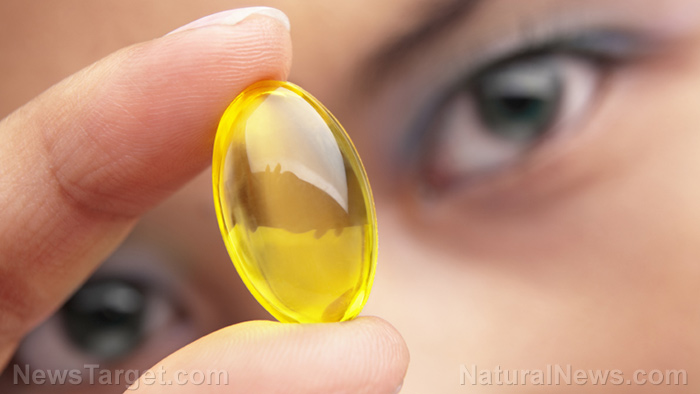




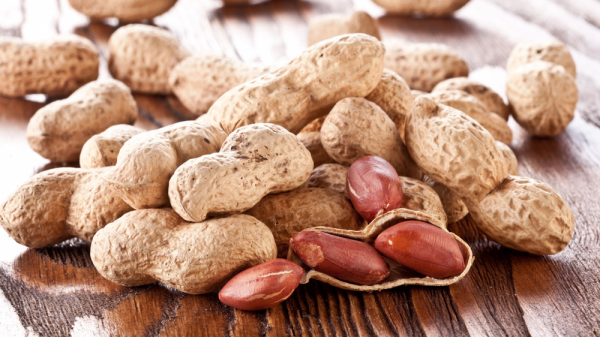
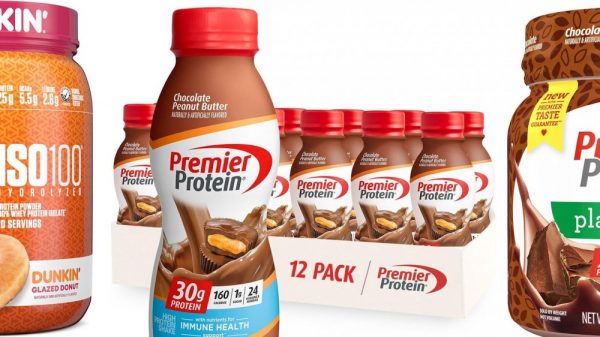
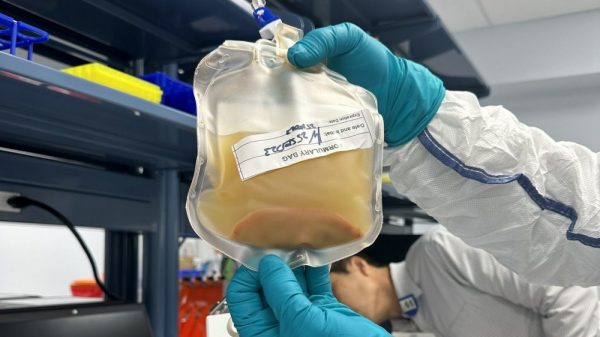
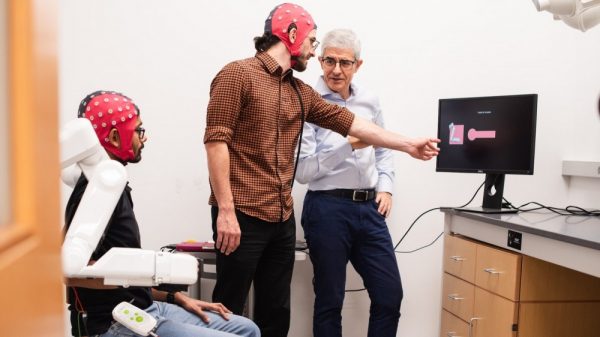




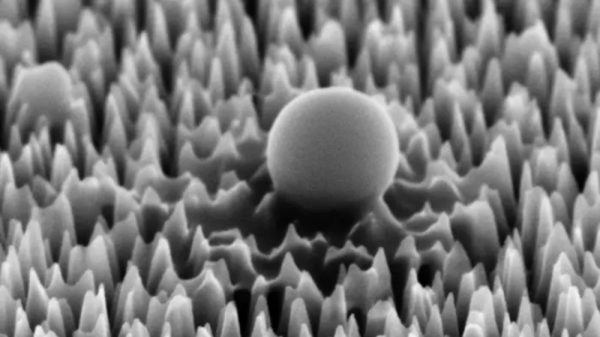
Post Comment